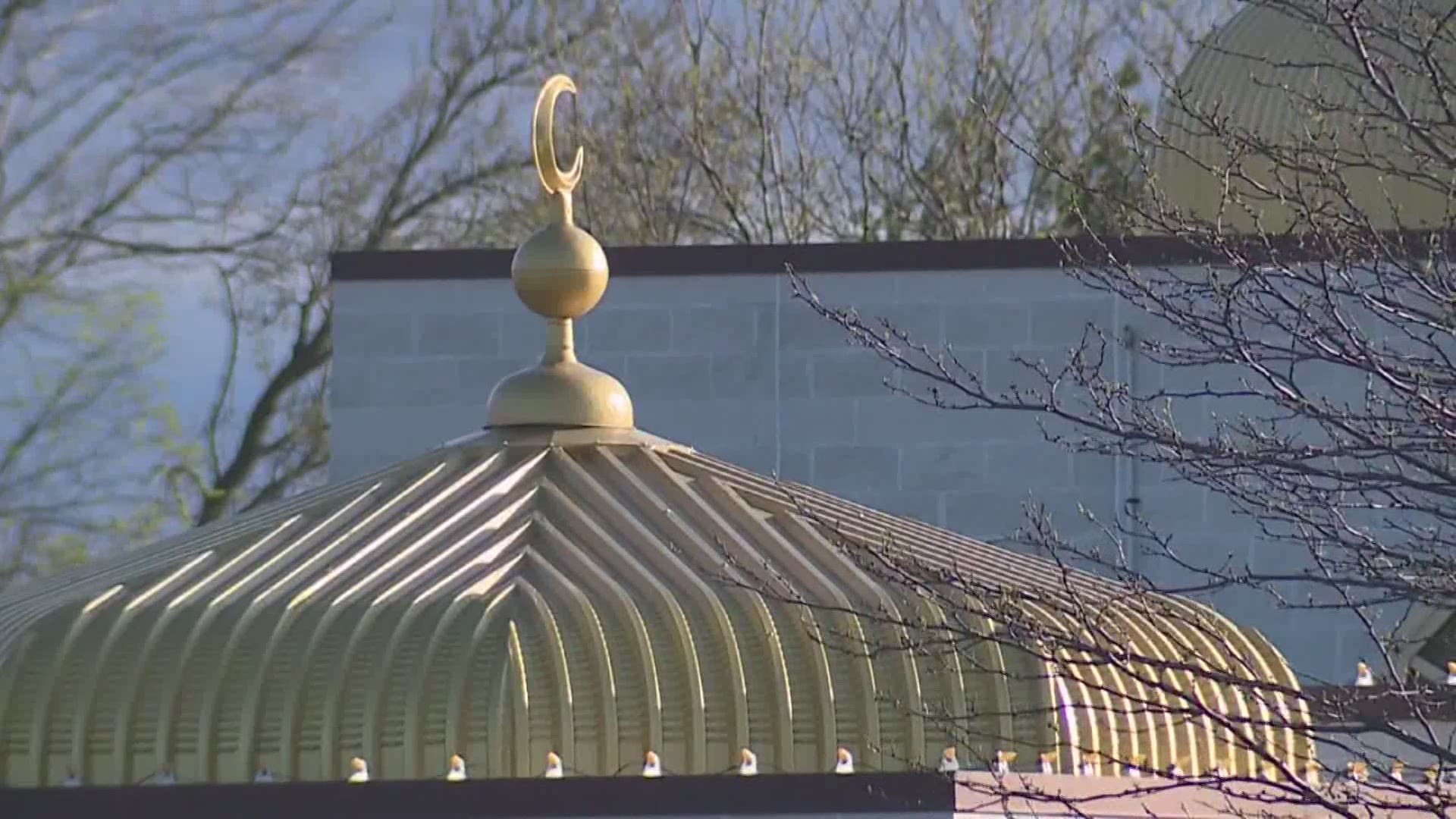The novel coronavirus, which has impacted Christianity's Holy Week, Passover, the Muslim hajj pilgrimage, will also play a role in Ramadan which begins Thursday.
Ramadan, which unites Muslims worldwide in a time of reflection, will look different in many places. Governments across the world have limited or banned gatherings, closed mosques and other places of worship, and instituted curfews.
Additionally, travel restrictions mean many Muslims won't be able to journey to gather with family and friends during the holy month.
There are 1.8 billion Muslims around the world. According to 2017 Pew Research Center data, around 3.45 million Muslims live in the U.S., including 2.15 million adults.
All will take part in a similar, if modified, tradition over the next month.
When does Ramadan start and end in the U.S.
This year, Ramadan will begin on April 23 and end on May 23.
Muslims follow a lunar calendar, so the dates of Ramadan change every year. The dates can also vary from country to country based on moon sighting practices. Traditionally, countries announce if their moon-sighting council spots the Ramadan crescent the evening before fasting begins.
What is Ramadan
For the month of Ramadan, Muslims fast each day from dawn to dusk, abstaining from food and drink, as well as sex, gossip and cursing. That means going about 15 hours without food, beverages, cigarettes or caffeine.
In many Muslim-majority countries, liquor stores and hotels will curb the sale of alcohol during Ramadan, and restaurants often close during the day.
Instead, they are encouraged to focus on more meditative acts, including prayer, reading the Quran and charity, with the goal of drawing closer to God. This time of fasting is also often used to kick bad habits and reset themselves spiritually and physically.
What is a normal day during Ramadan
Generally, the day starts with a pre-dawn meal called "suhoor," which often includes bread, vegetables, fruits, yogurt, tea and beans or lentils.
At sunset, to mark the end of a day of fasting, usually families and friends gather to eat sweet dates, drink water and take part in a sunset prayer. Then, they have a meal called "iftar," which usually includes rice, stews, meat, desserts and other sweets.
Is anyone exempt from fasting
Children, the elderly and sick, women who are pregnant, nursing or menstruating, and anyone traveling is exempt from fasting.
The Associated Press contributed to this report.

